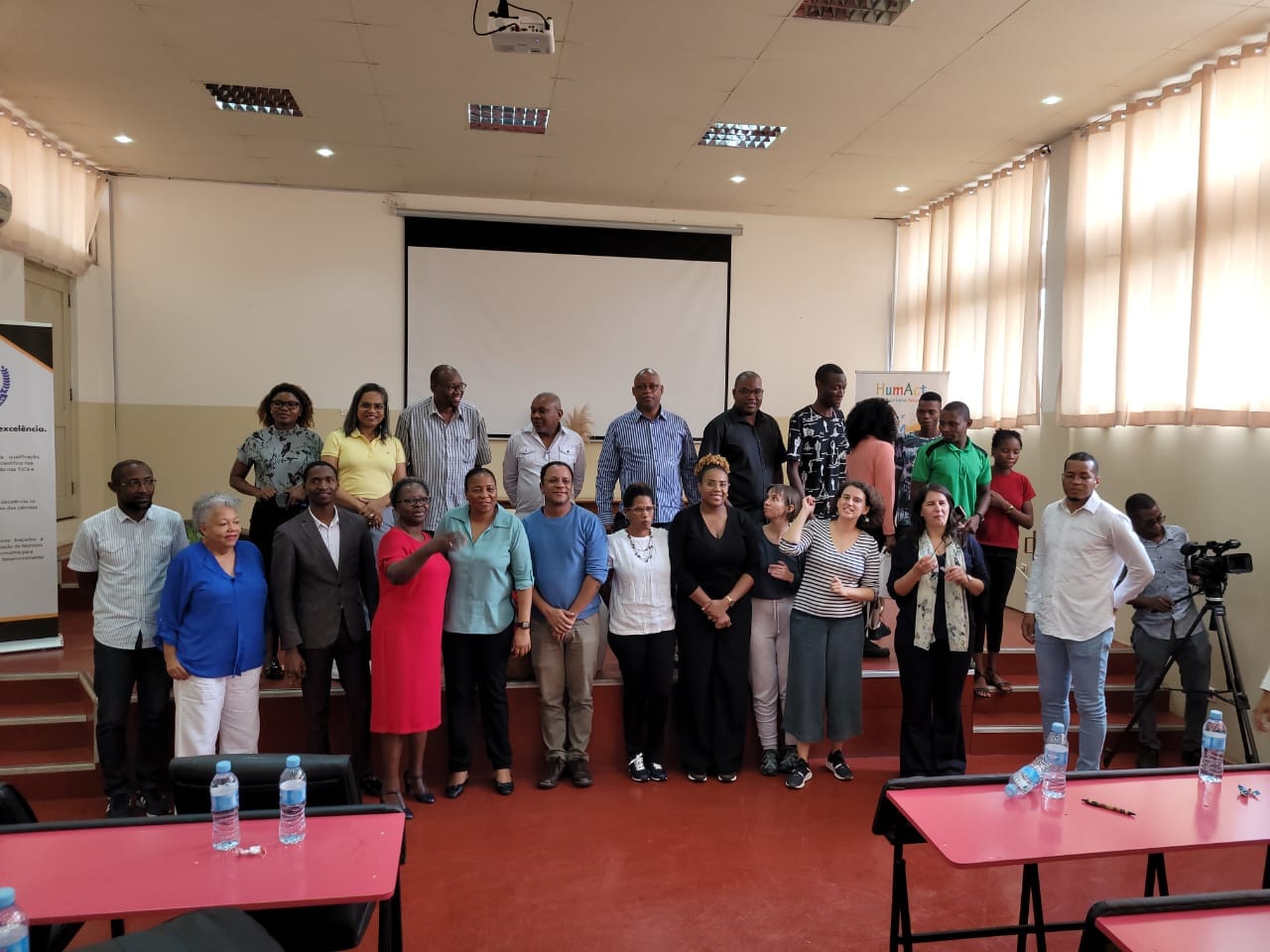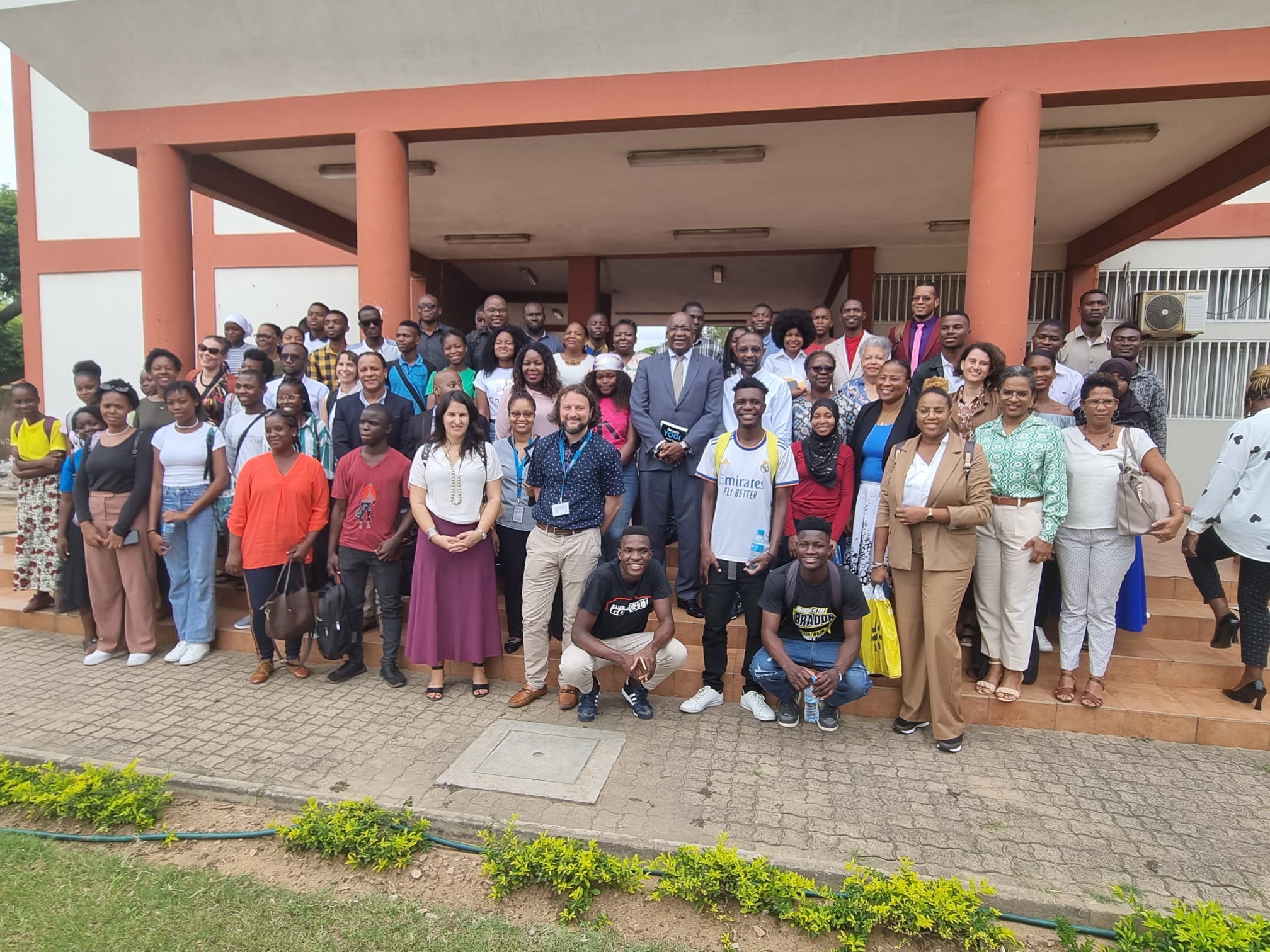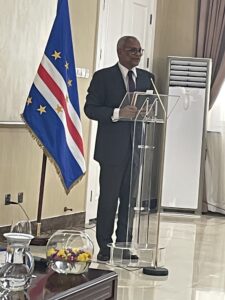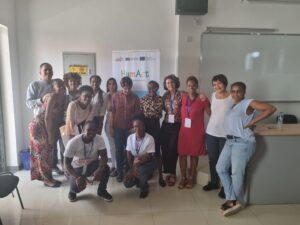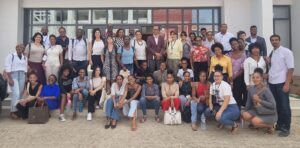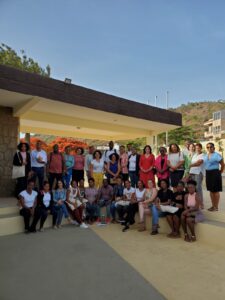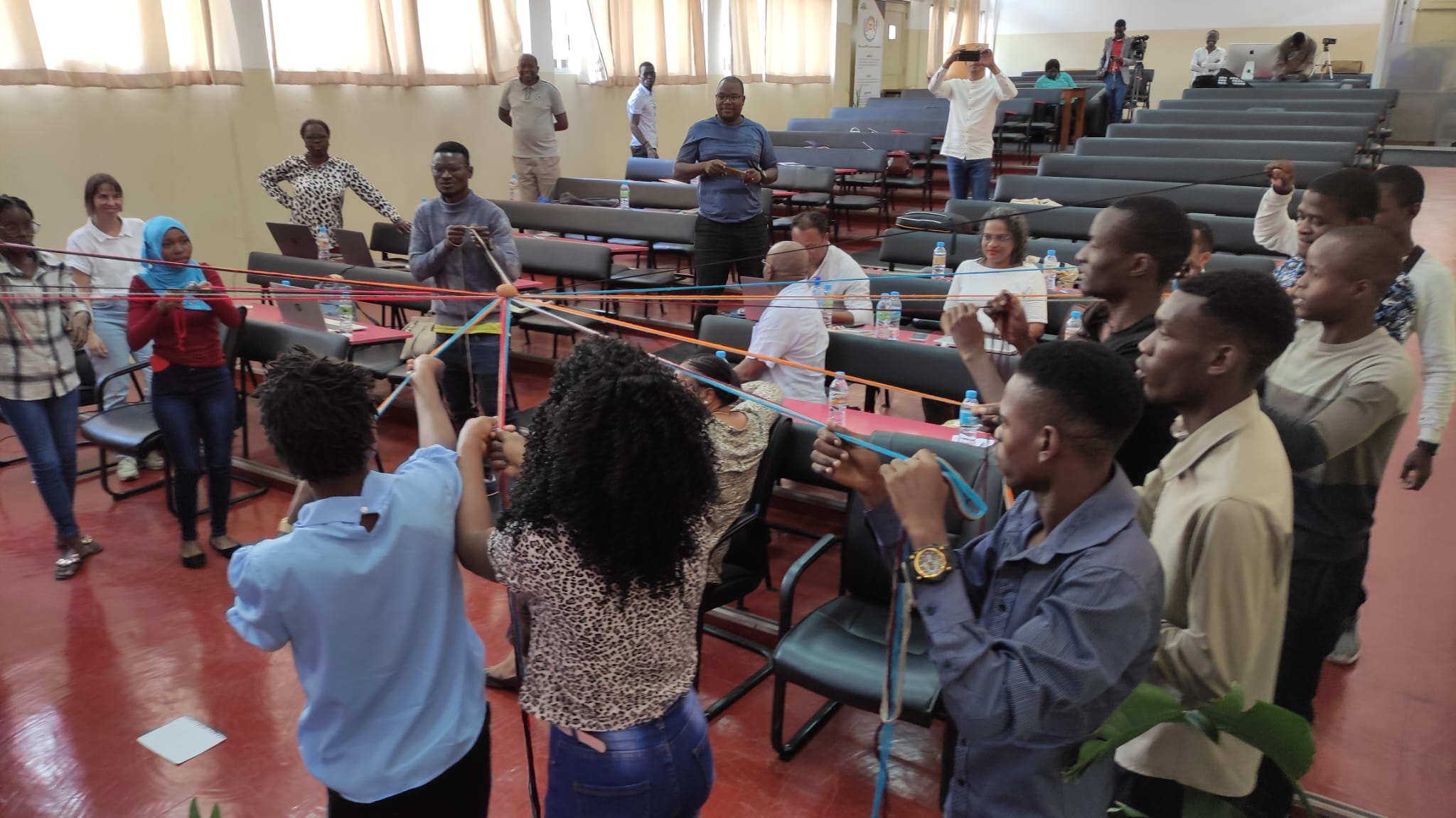Summer/winter schools
A credit bearing summer/winter school programme will take place in Mozambique during the first year of the project and another one in Cape Verde during the second year. Each summer/winter school will run over 10 days and will bring together +/- 30 participants representing teachers, students, key policy makers, traditional leaders, NGOs dealing with humanitarian action, and community members. Refugees and those directly impacted by humanitarian disasters will be targeted for inclusion.
The lessons learnt in year one, will be used to develop the new modules, and to adapt existing modules to include Humanitarian Action in the curricula of all the partner institutions. Field visits to Humanitarian Action organisations will be part of summer/winter school.
The focus of the summer/winter schools will be on issues such as geo-political, technical, logistical and management aspects of Humanitarian Action; the relationship between topography and infrastructure and vulnerability in disasters; child protection in emergencies; gender in climate change and displacements; the ethical and value dimensions of Humanitarian Action; participatory methodologies in working with communities; intersectionality; the acquisition of essential skills such as conflict resolution and mediation; active listening, and cultural sensitivity and responsiveness; and the use of reflexive dialogue with community members, with an emphasis on working with people in egalitarian ways.
The Fourth Summer School
From the 20th to the 30th of May 2024, the partners gathered once more for the final summer school of HumAct project. The summer school was organized by Pedagogical University of Maputo and University of Rovuma. During the first week, the summer school took place in Maputo and in the second week, some of the participants travel to Lichinga and Nampula.
The partners agree on this last summer school in Mozambique to deepen the knowledge in education for humanitarian action in the global south as a tool for development of local capacities for humanitarian intervention, interact with relevant stakeholders and visit key places (such as refugee camps in the North). This summer school supported the sustainability of the project by reinforcing the interaction with stakeholders and mutually learn from experience
Third Winter School
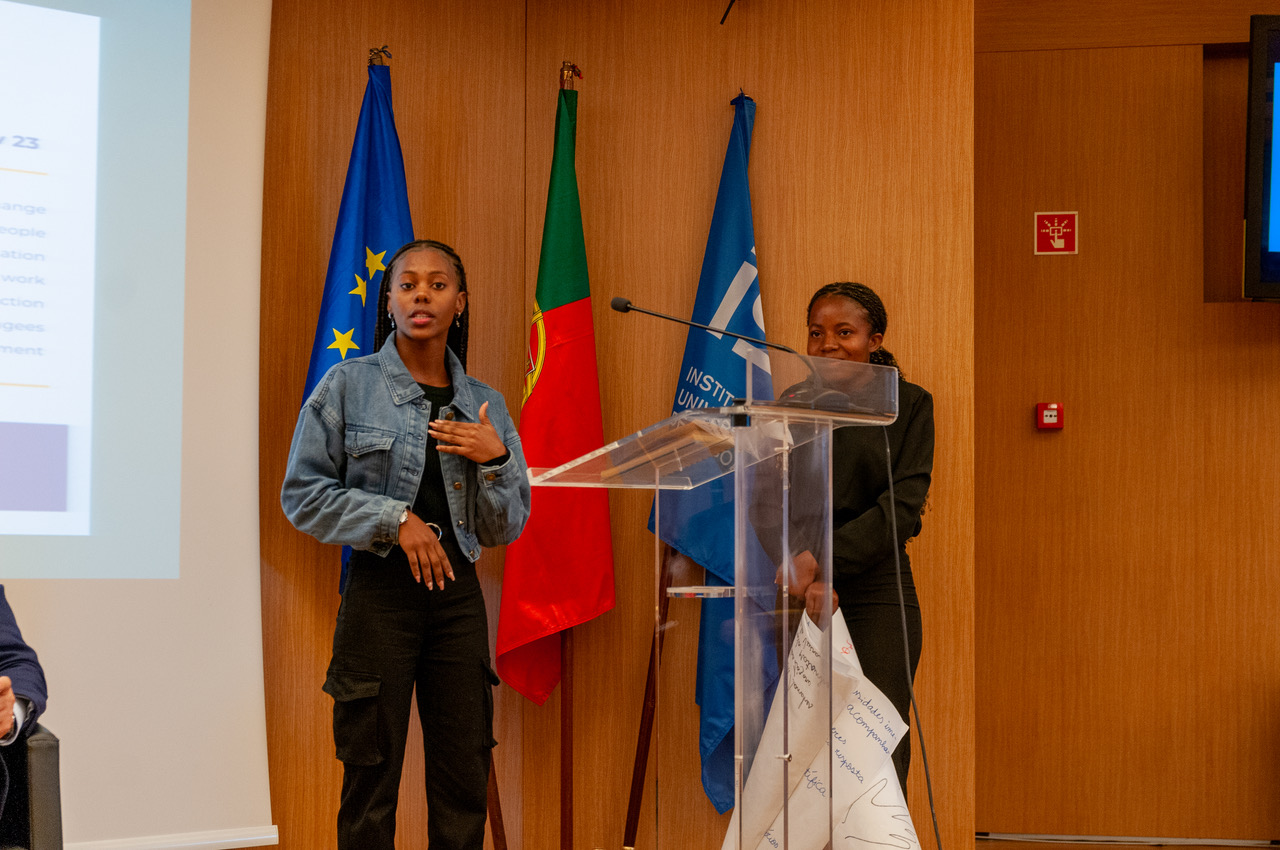
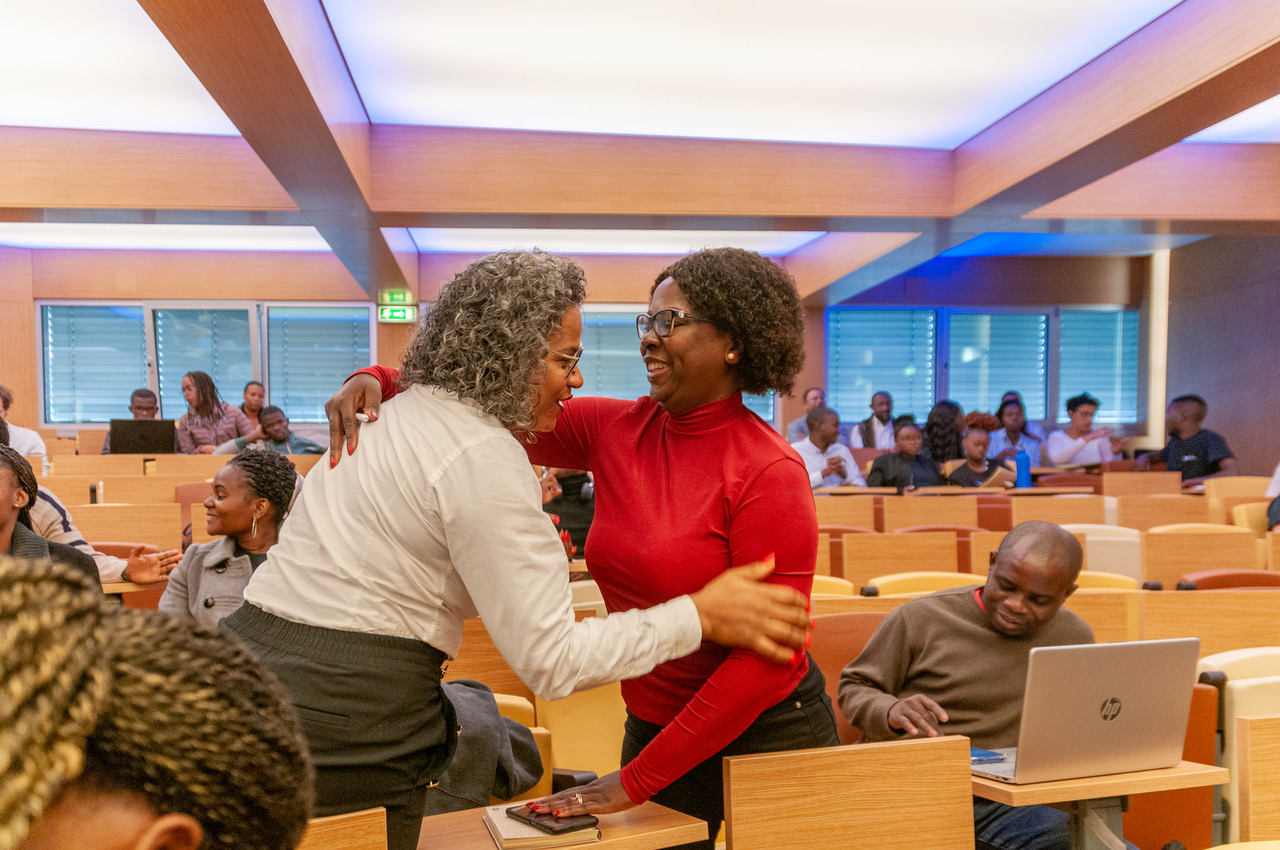
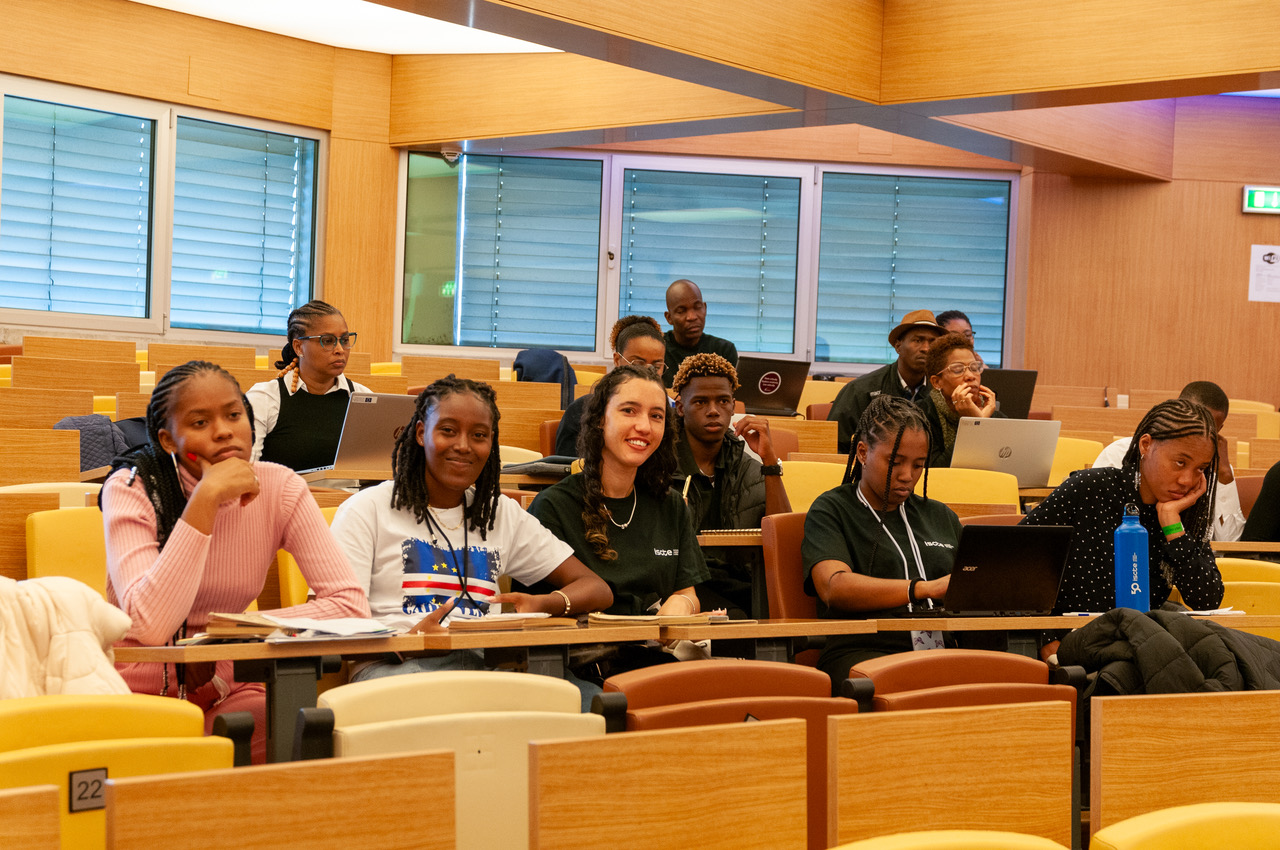
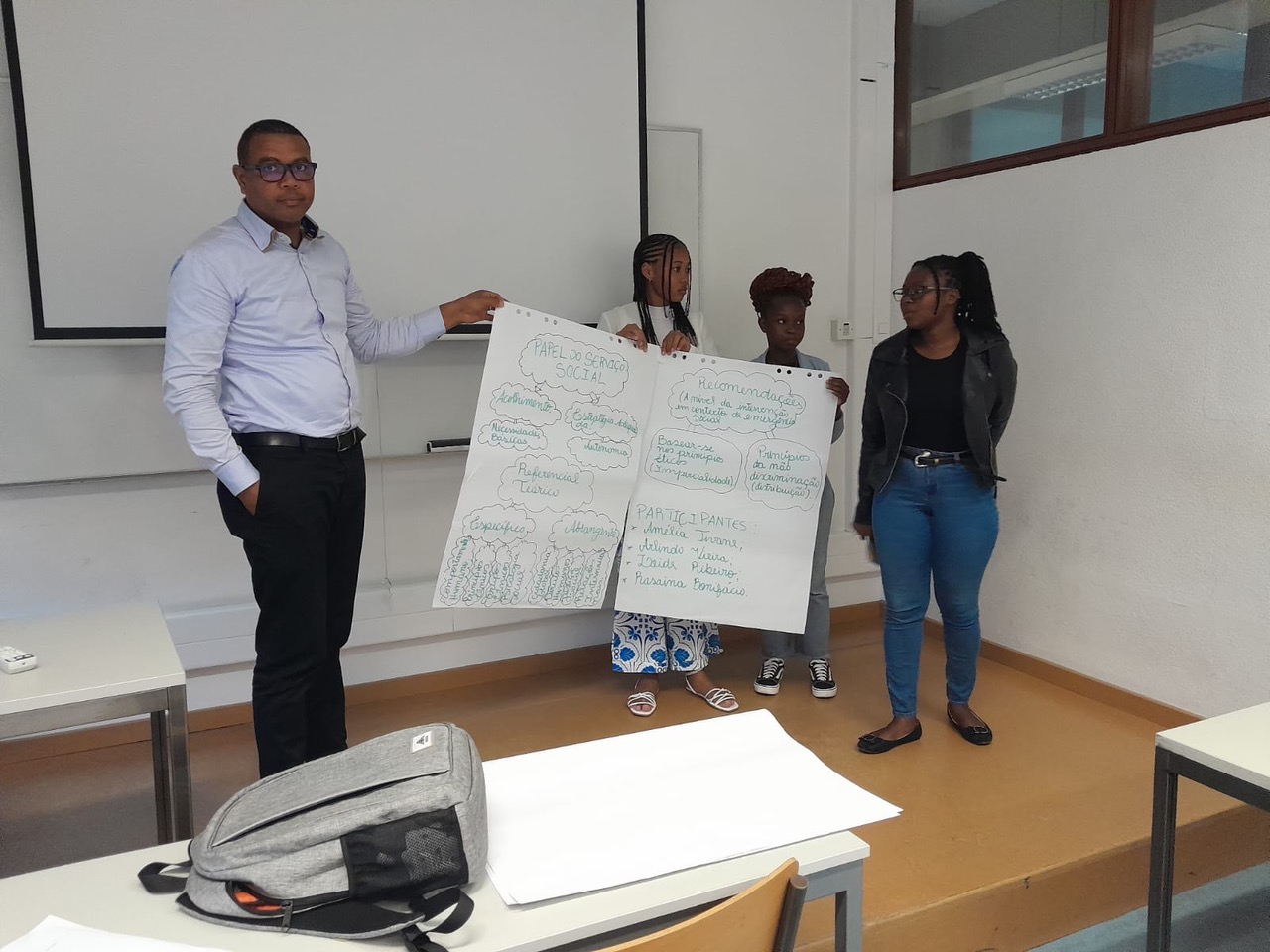
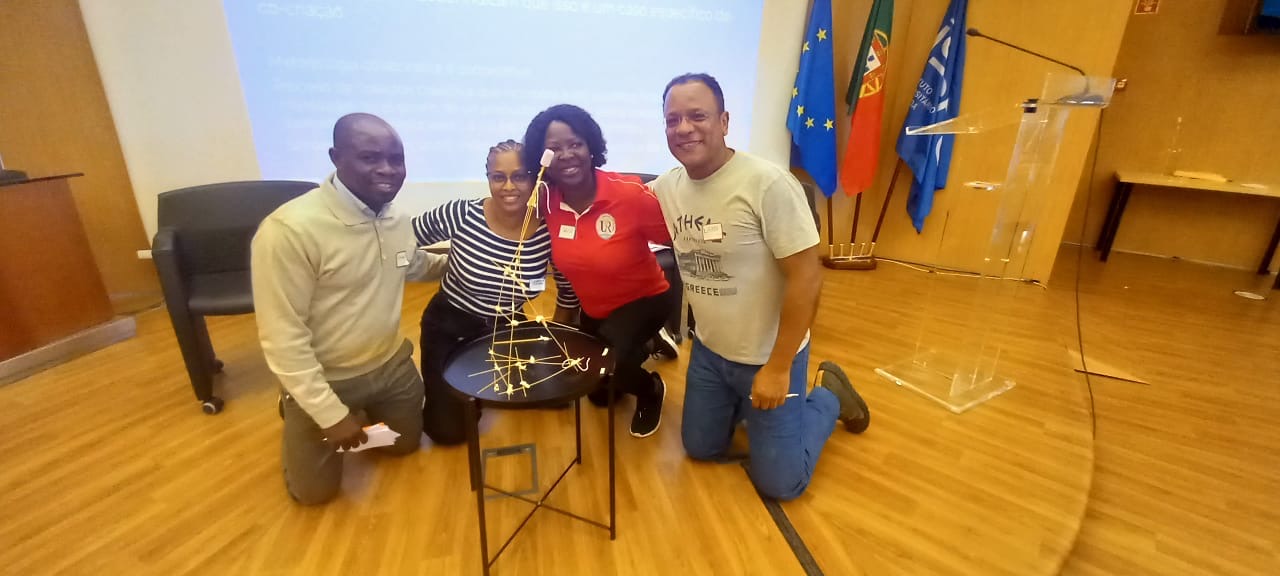
From 13th to 24th of november, took place HumAct third Winter School in Iscte, Lisbon, gathering teachers and students from the project partners, under the theme “Humanitarian Action and Climatic Changes”. It aimed at discussing topics and strategies to act on climate change, forced migration and the needs for professionalization of the humanitarian sector in the project’s partner countries. During the Winter School, the participants had the opportunity to participate in plenary session, workshops, delivered by the teachers involved in the project and also participate in field visits to the Portuguese Civil Protection, the Tile Museum and the Illustration fair in Setúbal. The students from different universities worked together on different projects, had the opportunity to develop new ideas and intervention strategies and then presented them to the wider audience. As guest speakers, the Winter School counted on representantives from different NGOs, the State Secretary of Civil Protection in Portugal, Patrícia Gaspar; the Director of Development Department of Social Security Institute, Inês Amaro; the President of the International Association of Schools of Social Work (IASSW), Annamaria Campanini; the President of the International Council Social Welfare (ICSW), Sang Mok Suk and the President of the International Federation of Social Workers (IFSW), Joachim Mumba
The Winter School contributed greatly to the objectives of the project, reinforcing the capacities for the development of national curriculum in Humanitarian Action, through the exchange of ideas and good practices between the partners universities. For the students it was a very good opportunity to acquire new skills and deepen their knowledge in humanitarian action contexts and the challenges they pose.
Scientific Course
As part of the HumAct project, the academic and scientific writing workshop took place in Cape Verde, between the 22nd and 26th of September. The course was taught by professors Susana Santos and Thaís França, from Iscte and had the partner univesities as target groups. The project envisages the production and writing of a handbook and scientific articles, so this workshop supported the participants in learning about the different stages of the publication process, as well as offering some guidelines on how to plan writing and publishing methods.
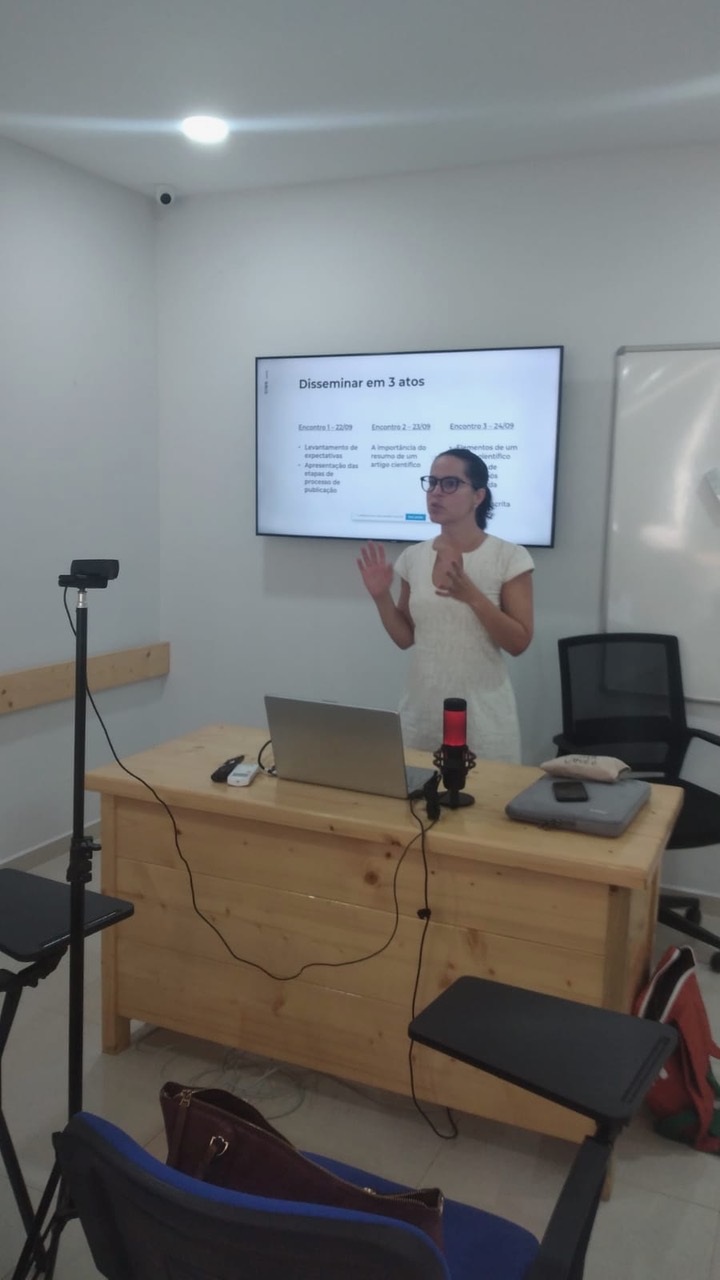
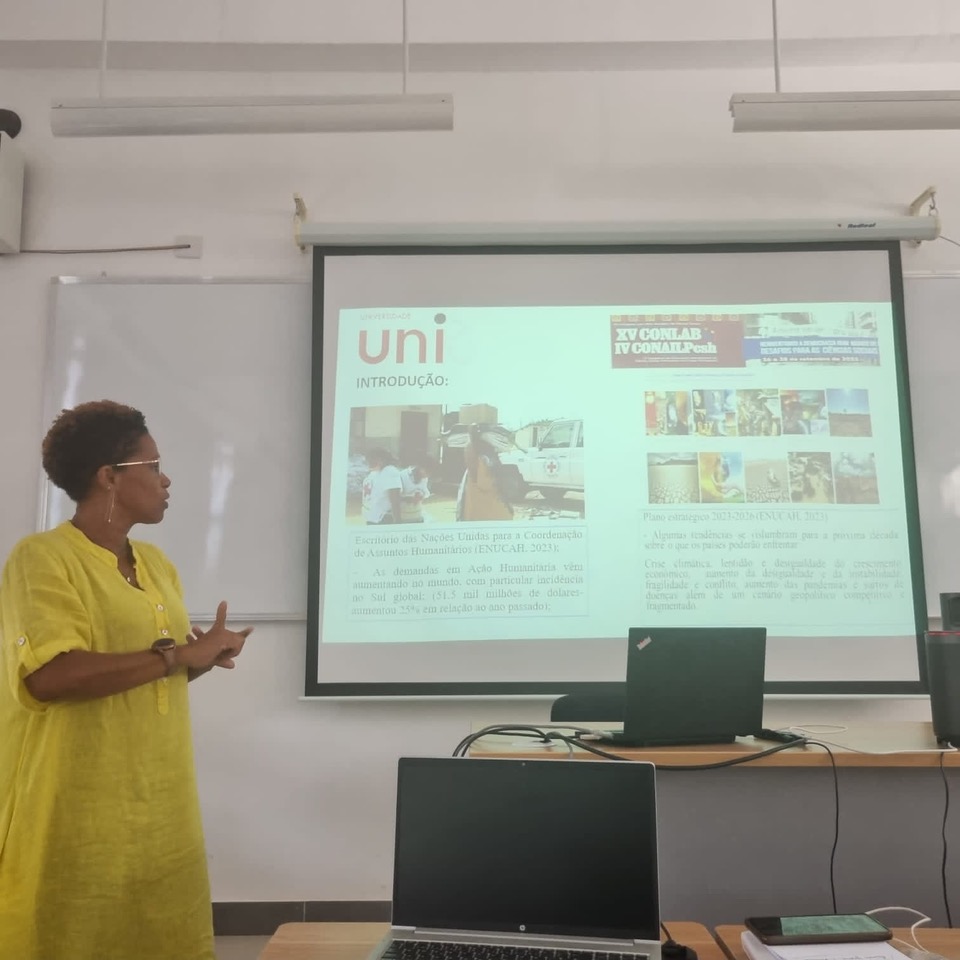
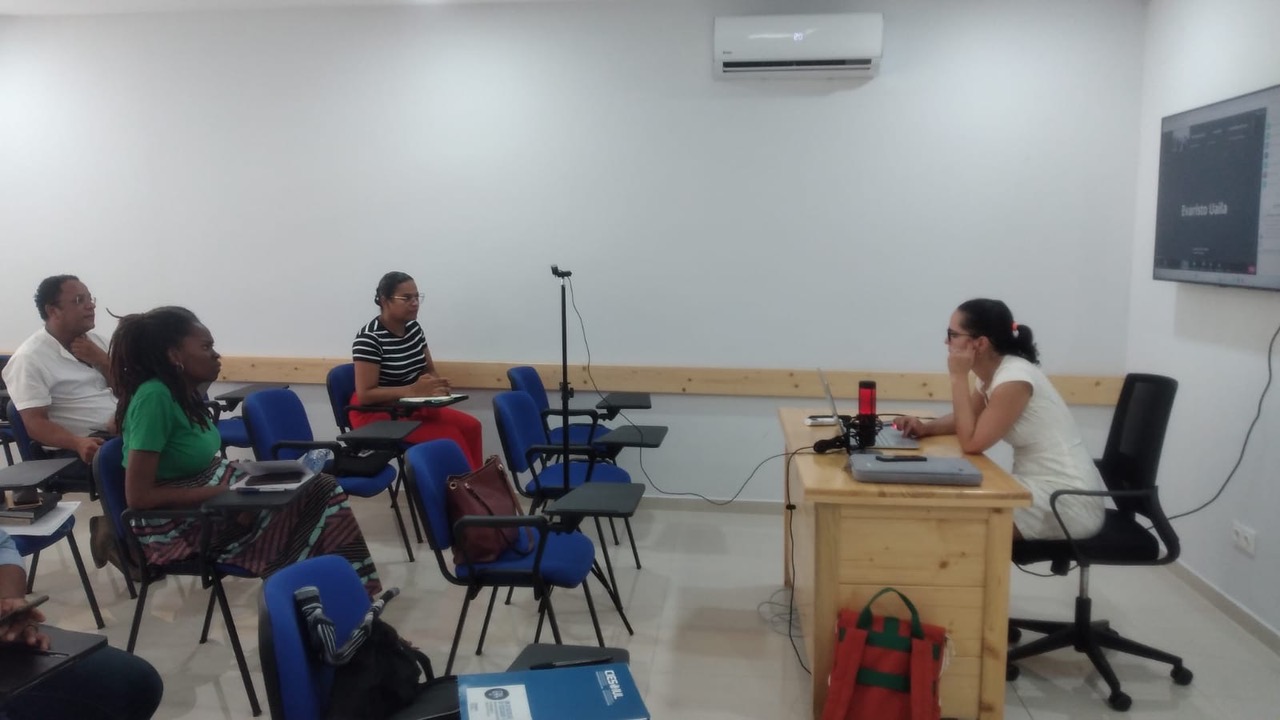
Second Summer School on “Humanitarian Action, Disaster Prevention and Innovative and Sustainable Technological Solutions”
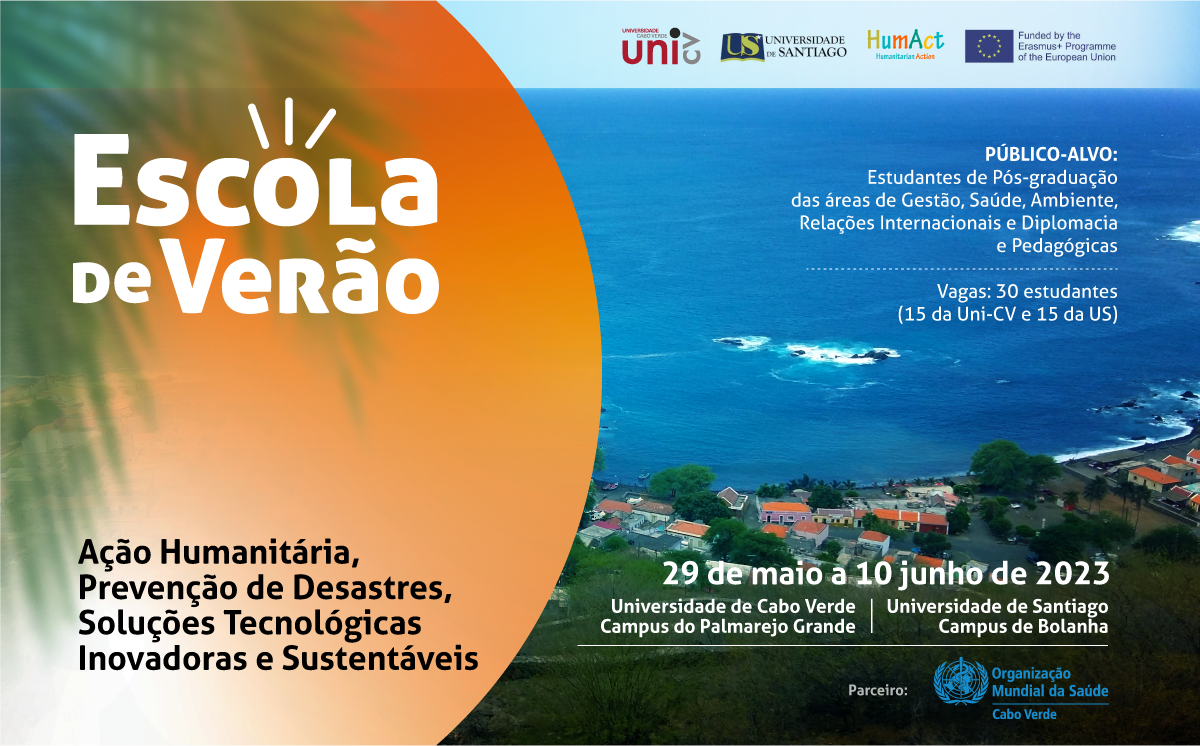
- Students in class
- With the Dean of the University of Santiago
- Students in class
- Students in class
- The President addressing the HumAct team
- The HumAct team posing
- The HumAct team posing
- The HumAct team posing
The second Summer School under the title “Humanitarian Action, Disaster Prevention and Innovative and Sustainable Technological Solutions” was held jointly by the University of Cape Verde and the University of Santiago (US). The event took place from May 29 to June 10 at the campuses of UniCV in Praia and of US in Assomada.
The Summer School targeted graduate students in Management, Health, Environment, International Relations and Diplomacy, and Education and aimed at promoting interdisciplinary debates on Humanitarian Action, primarily, on climate change. The focus was on the impact of climate change and the potential of innovative technologies as tools to increase the resilience of developing countries (see program attached).
The Summer School contributed significantly to the objective of the project, namely to reinforce capacities in the development of national curricula on humanitarian action, through exchanges with the academic staff of universities in Cape Verde, Mozambique, Greece and Portugal. Universities have worked for two and a half years collaboratively to strengthen student and faculty skills, promote curriculum development, increase accreditation, modernization and internationalization, enable mutual learning and exchange, and enhance the professionalization of the Humanitarian Action sector at local and national levels.
Presentations and discussions were facilitated by members of the partner universities (ISCTE in Portugal, UP, UniPúnguè and UniRovuma in Mozambique, and National and Kapodistrian University of Athens in Greece), members of Uni-CV and US in Cape Verde, as well as members of the Cape Verdean society with experience on the topics of interest.
Participants (academics and students) had the opportunity to visit the Presidential Palace and listen to the President, the honorable José Maria Neves deliver a presentation on “Diplomacy and the Culture of Peace”.
In the context of the two weeks, visits were organized to the Center for Renewable Energies and Industrial Maintenance (CERMI), to the Botanical Garden, to the Livestock Center, to the Research Laboratories and Hydroponics Center, to the Tarrafal Concentration Camp, and to the Amilcar Cabral Foundation.
Undergraduate students at UniCV and local journalists profited also from the HumAct Summer School since seminars were held for both these groups on the principles of Humanitarian Action in relation climate change and forced displacements.
The event is part of the HumanAct project, started in 2020, which involves five universities, including Uni-CV and US in Cape Verde, UP, UniPúnguè and UniRovuma in Mozambique, the University of Athens in Greece and ISCTE in Portugal, which coordinates the project.
First Summer School in Humanitarian Action “Humanitarian Action in the context of Climate Change and armed conflict”
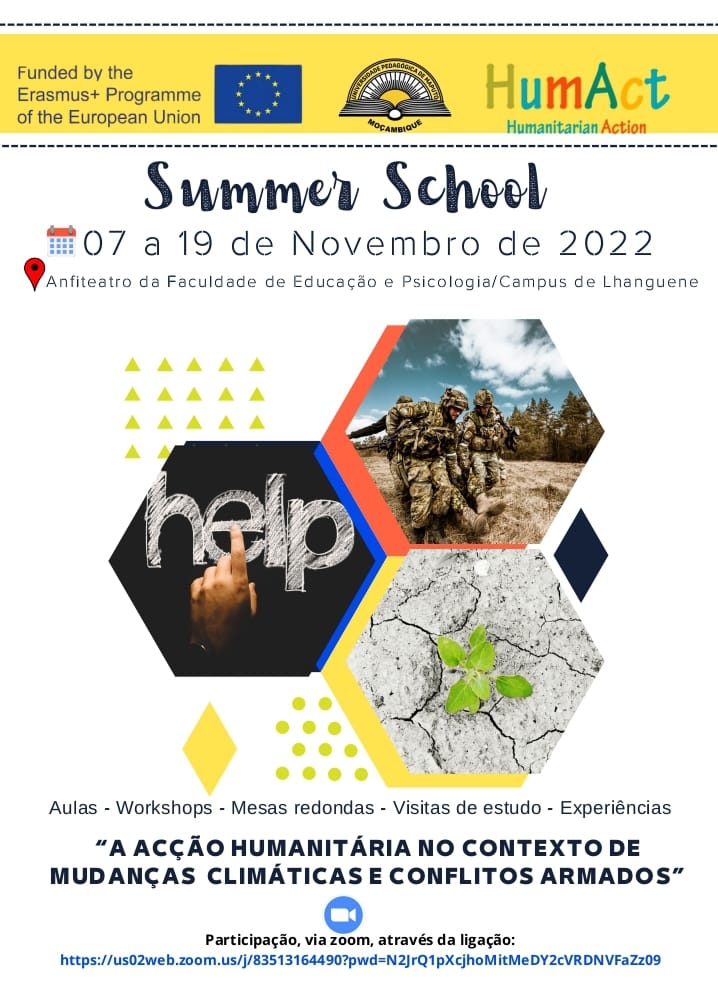
From the 7th to the 19th of November 2022, the Pedagogical University of Maputo carried out, in partnership with the Mozambican Universities (Rovuma and Pùngué), Cape Verde Universities (Santiago and Cape Verde), ISCTE and the University of Athens, the 1st Summer School of HumAct project, under the topic “Humanitarian Action in the context of Climate Change and armed conflicts”.
CONTEXTUALIZATION
In recent years, several regions of the world have been devastated by natural disasters, economic and social crises, armed conflicts and other types of catastrophe and epidemics, which mainly affect the most vulnerable population groups and territories. These situations generate a growing need for humanitarian action in the world.
Humanitarian Action must adopt strategies to promote training and awareness programs in all social spheres that can help reduce the population’s vulnerability and minimize the impact of these situations. Therefore, it is essential to have a global understanding of situations and master different areas of knowledge.
GOAL
This school aimed to provide participants with basic knowledge on how to act in humanitarian crisis situations, in particular the development of critical capacity, reflection and identification of strategies and methods that are applicable in different humanitarian situations.
METHODOLOGY
The summer school was facilitated by professors from partner Universities, guest speakers, national and international researchers with renowned experience in the themes they addressed. It was organized with thematic sessions developed by the partners, round tables, guest speakers as well as field visits and group work.
PARTICIPANTS
Teachers, researchers, partners of the Pedagogical University of Maputo, students, non-teaching staff, representatives of civil society and non-governmental organizations with an interest in humanitarian causes.
An average of 56 students from 3 Mozambican Universities and about 33 teachers from 4 partner Universities participated in this summer school.
